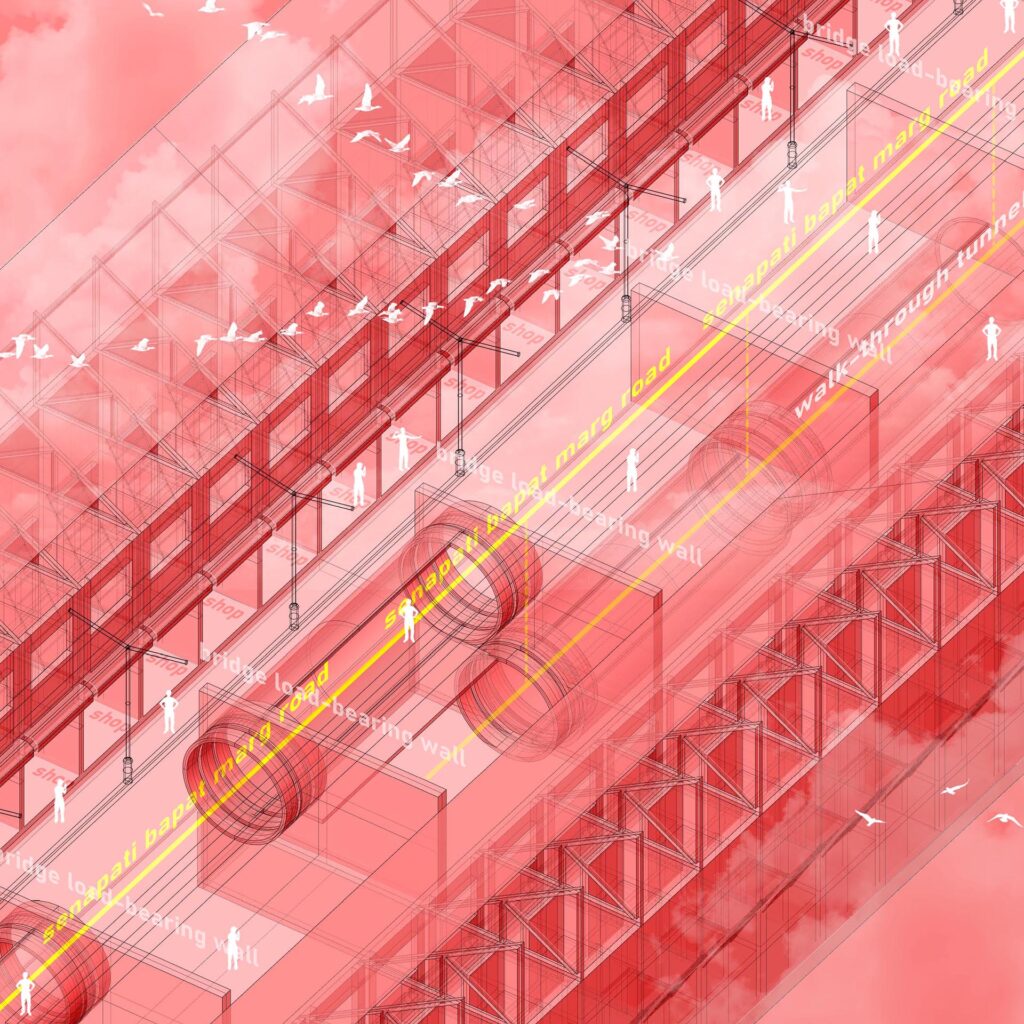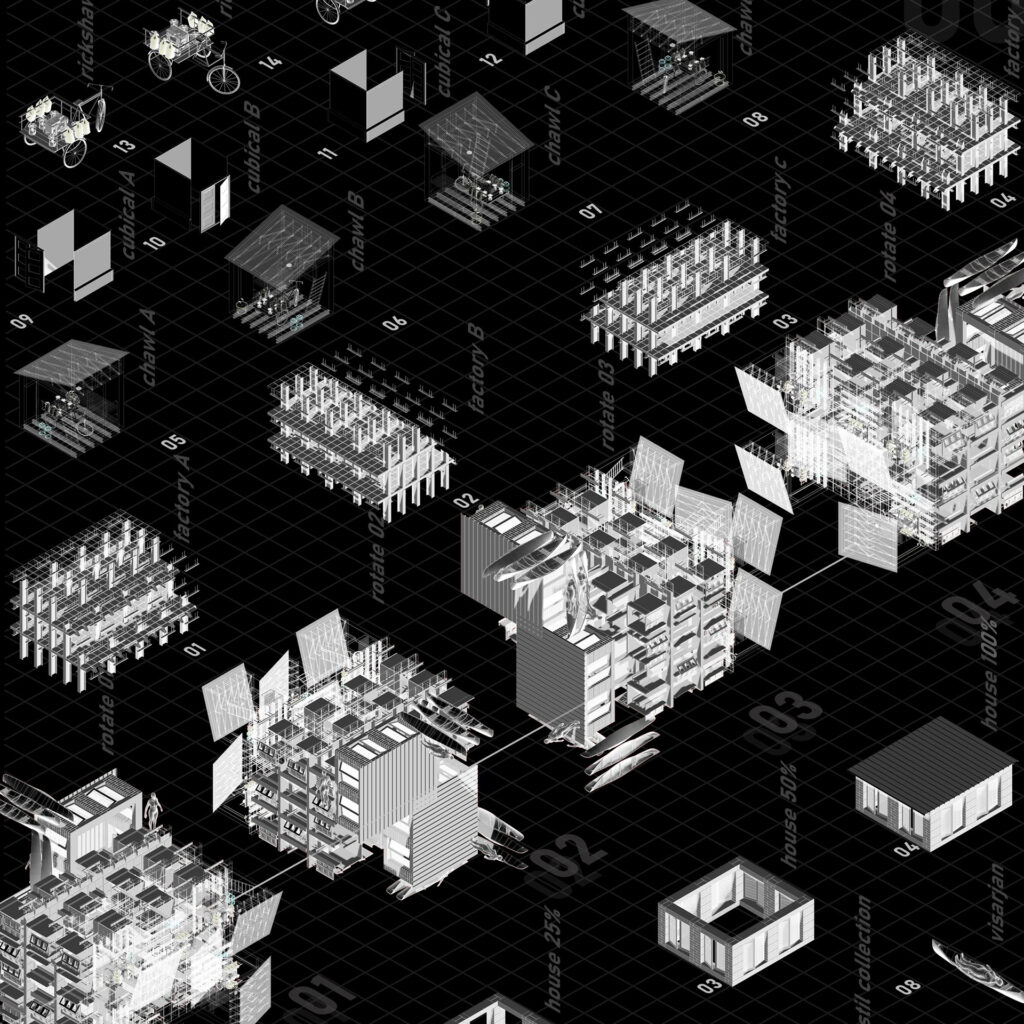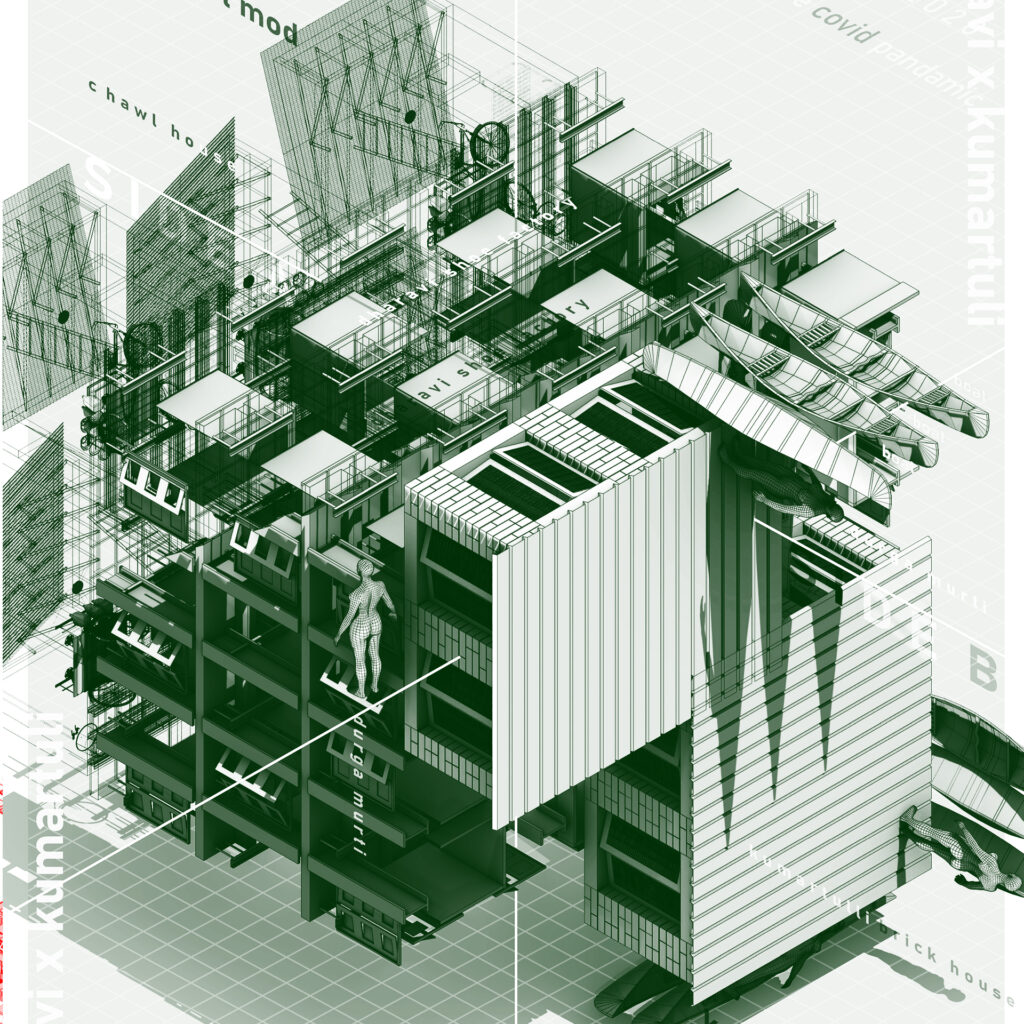Quotation
” The urban in the 21st century is no longer
confined by traditional boundaries; it
is a dynamic space shaped by digital
technologies, capitalism, and planetary
urbanization. Understanding this
evolving landscape requires embracing
complexity, rethinking governance, and
prioritizing justice and sustainability to
navigate the challenges of a globalized
world. “

The nature of the urban is being redefined in the 21st
century, shaped by digital technology, capitalism, and
the phenomenon of PLANETARY URBANIZATION.
This concept challenges traditional boundaries
between urban and non-urban spaces, demanding new
approaches to understanding the urban experience.
PLANETARY URBANIZATION: This
refers to the global spread
and integration of urban
processes, blurring the
boundaries between urban
and non-urban areas, shaping
interconnected, complex
spatial dynamics.

The rise of hyper-reading, a digital literacy style marked
by skimming, scanning, and hyperlinking, contrasts
sharply with the deep, sustained focus of close reading.
As digital technology reshapes how people engage with
text and meaning, educational practices must adapt
to prepare learners for this changing landscape. The
coexistence of these reading modes highlights the
diversity of literacy required in a digital age.

Capitalism also profoundly influences urbanization.
David Harvey critiques how urban spaces are shaped by
CAPITAL ACCUMULATION, arguing that the pursuit of
profit often drives inequality and uneven development.
He warns that appeals to community can mask deeper
structural injustices. Meanwhile, Ananya Roy reframes
the urban as a GOVERNMENTAL CATEGORY
emphasizing how state policies and administrative
practices construct urban realities. Her work
underscores the socio-political forces that define the
urban experience, shaped by historical and geographical
specificities.
CAPITAL ACCUMULATION:
This refers to the process
of increasing wealth or
capital through investment,
savings, and the reinvestment
of profits, often driving
economic growth and
inequality
GOVERNMENTAL
CATEGORY: This refers
to how the state defines
and regulates specific
areas or groups, shaping
policies, governance, and
administrative practices to
control and manage urban or
social spaces.

To meet these challenges, the urban area must be
reconceptualized as a dynamic, contested space-shaped
by intersecting planetary, technological, and socioeconomic
forces. Works like Arturo Escobar’s Designs
for the Pluriverse emphasize the importance of justice
and sustainability in rethinking urbanization. By
embracing this complexity, critical urban theory can
better address the evolving realities of urban life in a
globalized, digitally interconnected world.


